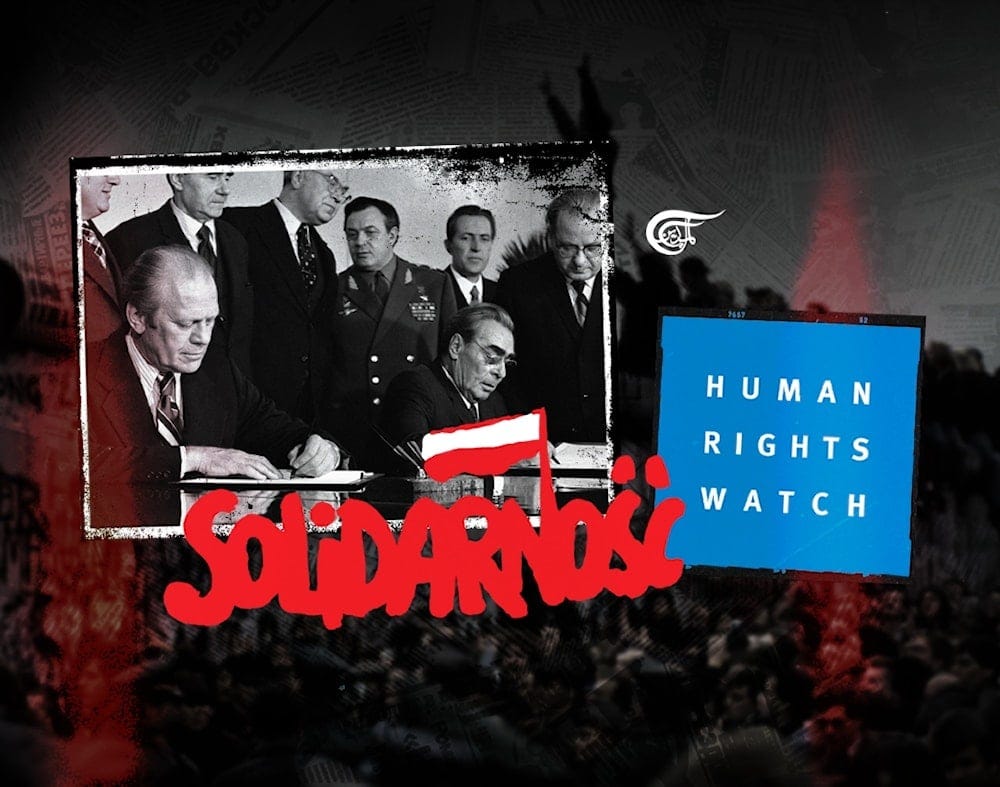How the West Turned “Human Rights” Into a Political Weapon
The legacy of the Helsinki Accords and how they shaped global politics
LONDON, PUREWILAYAH.COM — Fifty years ago, world powers signed the Helsinki Accords, an agreement meant to reduce Cold War tensions between the Soviet Union and the West. But what looked like a step toward peace also changed the way “human rights” would be used in international politics.
Political rights vs. social rights
The Accords recognised Soviet influence in Eastern Europe but, in return, required governments to promise basic political freedoms like free speech, free assembly, and the right to travel.
However, the agreement left out economic and social rights—like the right to housing, jobs, or healthcare—which the Eastern bloc had traditionally emphasised. This omission shifted the global discussion of rights in favour of the West’s priorities.
Rise of watchdog groups
Soon after, groups like Helsinki Watch (later called Human Rights Watch) began monitoring the Eastern bloc and supporting local dissidents. Their reports were sent abroad and used by Western governments to put pressure on those regimes.
Interestingly, Eastern countries were not invited to investigate or criticize the West in the same way.
Western strategy
Legal experts note that this shift helped the West create a powerful tool: governments accused of abuses could be shamed, sanctioned, or even destabilised, all in the name of human rights.
For example, the Solidarity movement in Poland grew with Western support, aided by funds and equipment from groups linked to the CIA and trade unions in the United States.
Secret U.S. support
In 1982, a classified U.S. directive set out clear goals: reduce Soviet influence, win over Eastern Europeans, and push them closer to Western Europe. Money and equipment were secretly sent to dissident groups to help them spread their message inside their countries and to the world.
The price of “freedom”
Not all dissidents wanted only Western-style democracy. Some, like members of Czechoslovakia’s Charter 77, hoped to combine political freedom with social protections like healthcare and education.
But when Communism fell, many countries faced harsh economic “shock therapy”: privatisation, job losses, and rising inequality. These struggles were often ignored, because the human rights model born from Helsinki focused almost entirely on political freedoms, not on economic security.
In short:
The Helsinki Accords (1975) gave the West a new way to pressure rivals by emphasising political rights and ignoring social rights.
Western-backed NGOs and dissidents played a key role in weakening Soviet influence.
After Communism collapsed, many people gained political freedom but lost economic stability—something the human rights framework did little to address. (PW)
Source: Al Mayadeen


